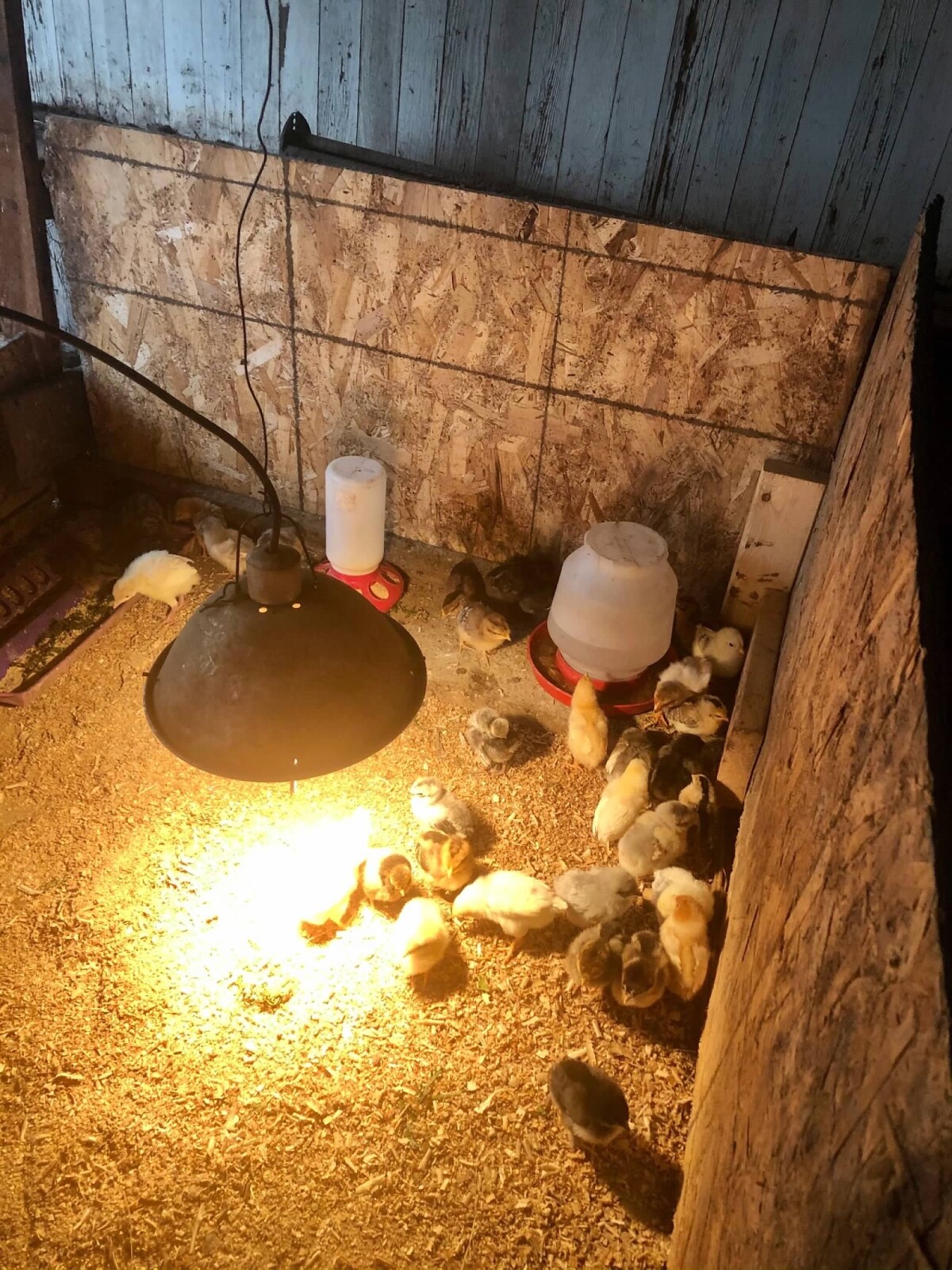
This post may contain affiliate links, which means that I may receive a commission if you make a purchase using these links, with NO additional cost to you.
Starting baby poultry is a great way to kick off your homesteading journey. It can be a bit more labor intensive than other animals, but it doesn’t have to be difficult if you know what tools and supplies you’ll need ahead of time. Here’s a quick breakdown of the basics for raising healthy chicks, guinea, duck, goose, and turkey.
Heat Requirements
Baby poultry need heat to thrive—specifically 90 to 95 degrees Fahrenheit. To help maintain this temperature in their brooding area, you will need heat lamps with red light bulbs (which helps prevent pecking) and a small space called a brooder box. This can be an old stock tank, or boarded area. Throughout the day, check the temperature by observing how the chicks are behaving. If they’re all huddled together under the lamp, they’re cold; if they’re spread out around the room or away from the heat lamp entirely, they’re too warm. At an ideal temperature, some chicks should be under the lamp while others explore and eat/drink on their own. After about a week they can move to a bigger area, mine is shown in the picture.
Watering
In addition to heat requirements, your chicks will also need plenty of water throughout the day—especially when they first arrive. To keep them safe while drinking, elevate their water dish slightly and add small rocks in the bottom so that they don’t accidentally drown themselves while drinking.
Feeding Requirements
Choosing food for your baby poultry can seem tricky at first but it doesn't have to be difficult! The easiest route is to buy chick starter food specially formulated for baby poultry. This type of feed contains all the essential nutrients that your birds need to grow healthy and strong (and no antibiotics are needed). Be sure to monitor your birds closely for signs of malnutrition or poor health—if you notice any problems with their condition after making changes to their diet or environment contact your vet immediately! After about 2-3 weeks, I start to transition the babies to my home mixed feed.
For bedding, the first day or two simply used newspaper, then add shavings once all the chicks have figured out where the food is. Otherwise, babies will peck at the shavings instead of the food, and starve out.
Upon arrival
You will take the chicks out of the box, dip their beak in the water and then the feed, before setting them down. They will all crowd together until you leave, so when checking on them later, you will need to be quiet to see the chicks actual behavior. In general, hold the chicks as little as possible the first 48 hours, to reduce their stress.
Raising baby poultry can seem intimidating at first but it doesn't have to be hard! With just a few basic supplies like heat lamps and chick starter feed, you'll be well on your way towards having healthy birds that are ready for life on your homestead. Keep an eye on them regularly and make sure they're getting enough food and water throughout each day—with proper care you'll soon have a flock of happy birds! Best of luck!
As I've grown in my journey as an entrepreneur, mom, gardener, and livestock owner, I struggled to find a planner that met my needs and kept me organized. So I MADE MY OWN. You can take a look at it on the link blow and buy it on amazon below
Don't want the whole calendar part? I got you! I pulled the gardening and animal care pages out and put them in a book all their own.
Wanting a community to lean into? Join the FREE Helping Your Family Homestead for Food group! This community is for the Mommas, looking to stay home and raise their kids, but unsure how to keep everyone fed and make ends meet. I share tips from my journey from the office, to half the income and feeding my family from home, while maintaining good nourishing food. Tips include: gardening, bulk buying, caning,/preserving, livestock, homesteading, and home remedies. Your family is precious and this group is to help you gain the knowledge and tools to keep your family well and not reliant on outside professionals. Remedies and tips are easy and simple for the busy momma, time is precious after all, including pregnancy, birth, young kids, and illness. Trust your Momma gut again! This community offers the resources + community you need to help get started on your journey and prepare for whatever future you envision.
Starting to garden doesn't have to be hard! I gathered all the tips I've learned over my gardening learning curve and made them into a simple course to jump start your gardening your life.
I've had 3 very different pregnancies. After the first traumatic birth, I learned better and how to care for my body naturally and prevent common pregnancy and birth problems before they arise. This quick course will get you the tools you need to have a naturally healthy pregnancy, labor, and delivery. My first pregnancy I had a normal western medicine all the things pregnancy. My second? I flipped to completely natural, no medicine. Bonus: Preventing Preeclampsia Without the Aspirin & Healing from Birth Trauma
Supporting Your Family Naturally From the Inside Out community!! This community is for the Mommas, looking to Support Your Family from Nature for Wellness. Tips range from nutrition, herbals, detoxing, natural cleaning, and essential oils. Basically all the things I’ve learned slowly over the past 5+ years if my journey. We have moved off Facebook, so to better serve our community and be able to discuss openly option for providing for your family in the best way possible.
Join the Community
Join the Community
Click here to get the stories straight to your email:
For more on wellness tips click here:
For more on homesteading on your budget click here:
For more simple DIY updates click here:

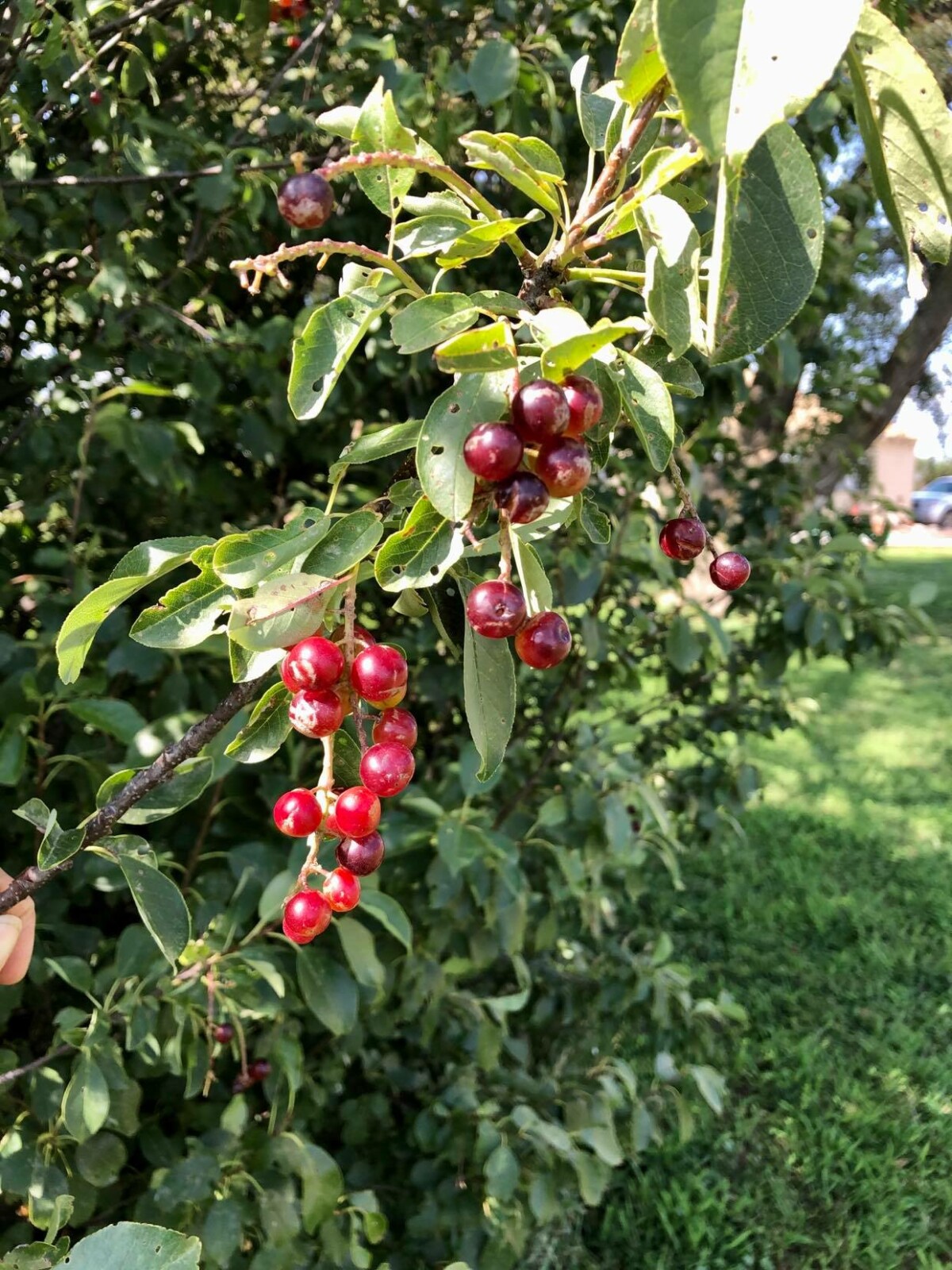
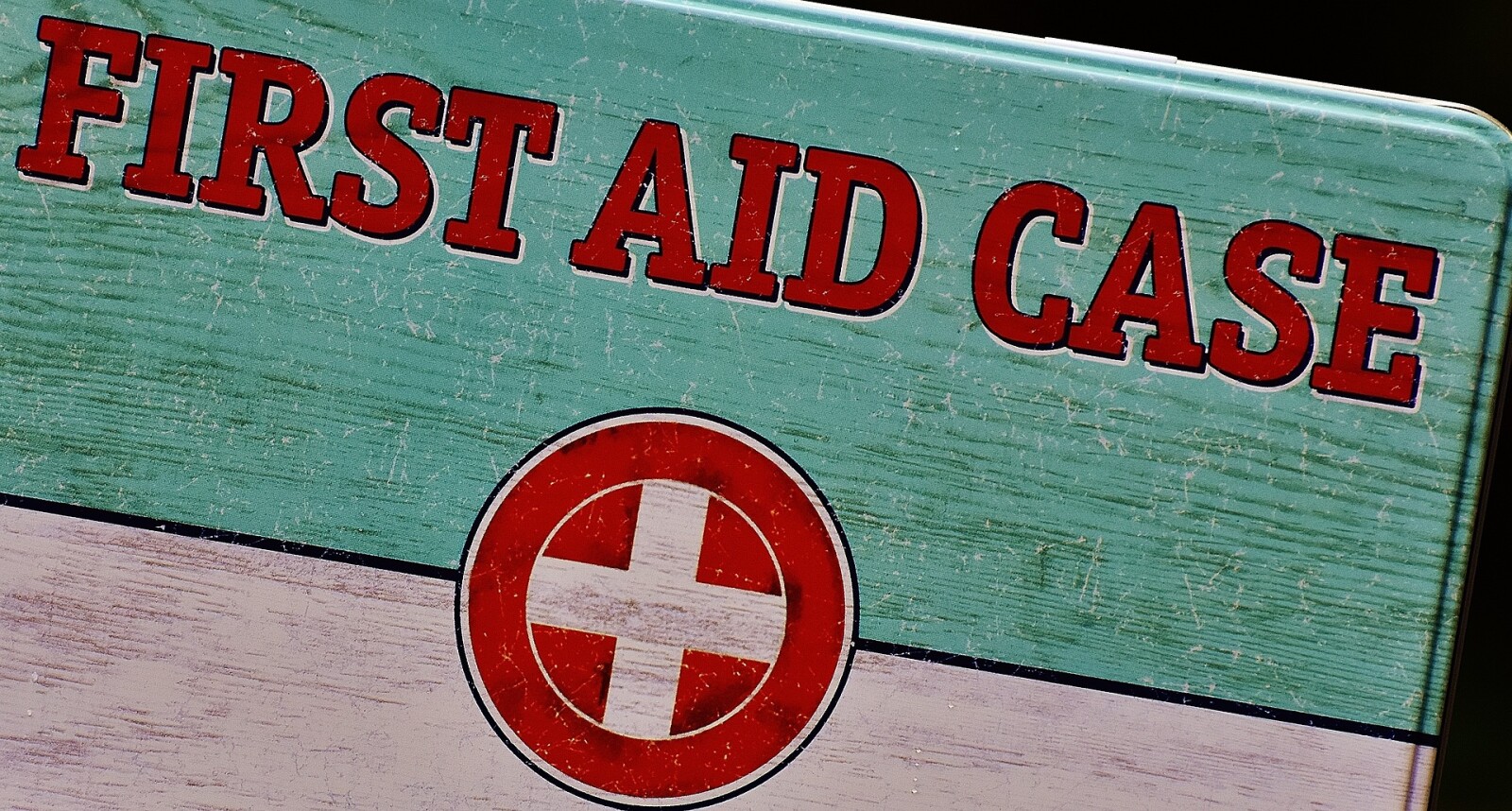

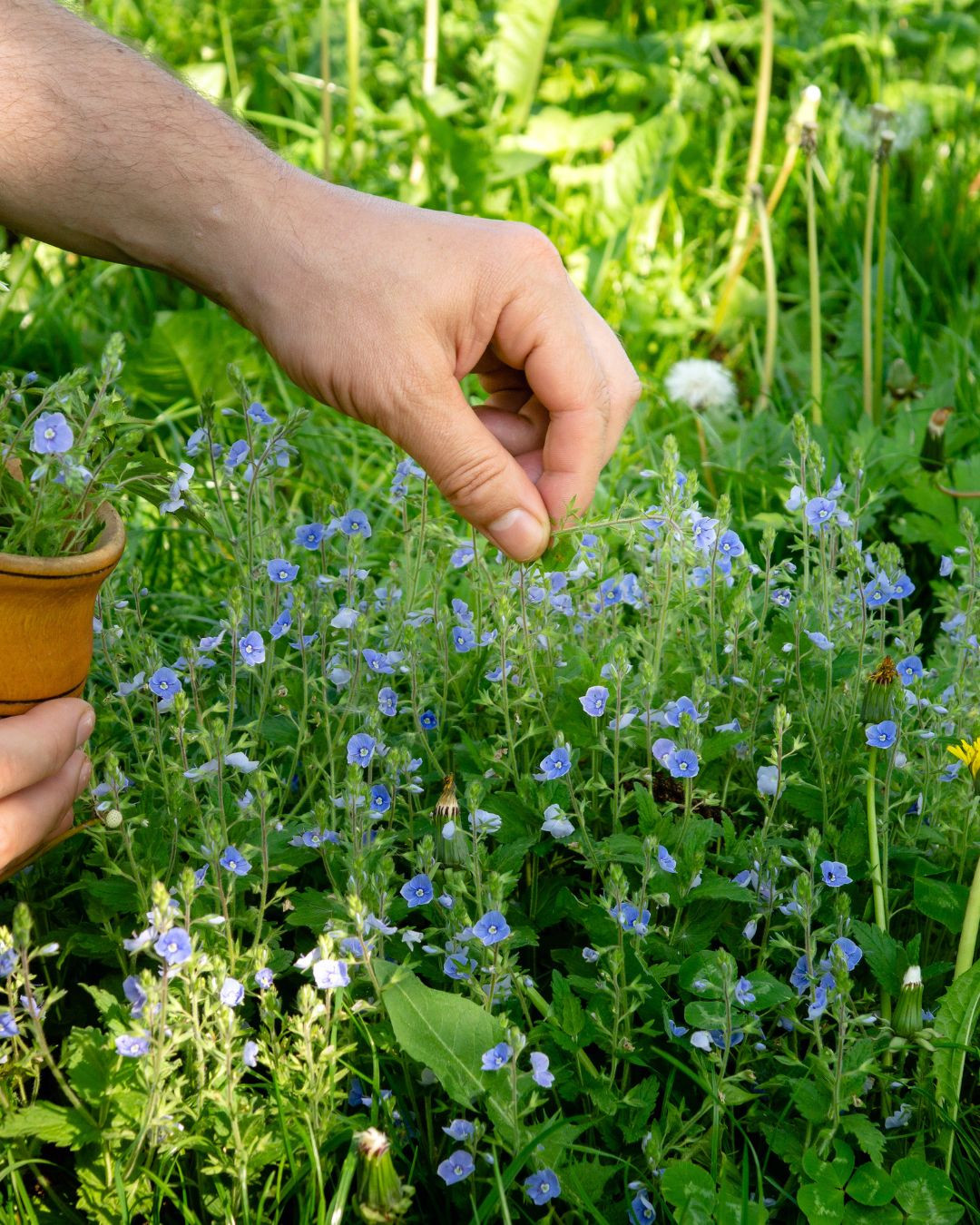

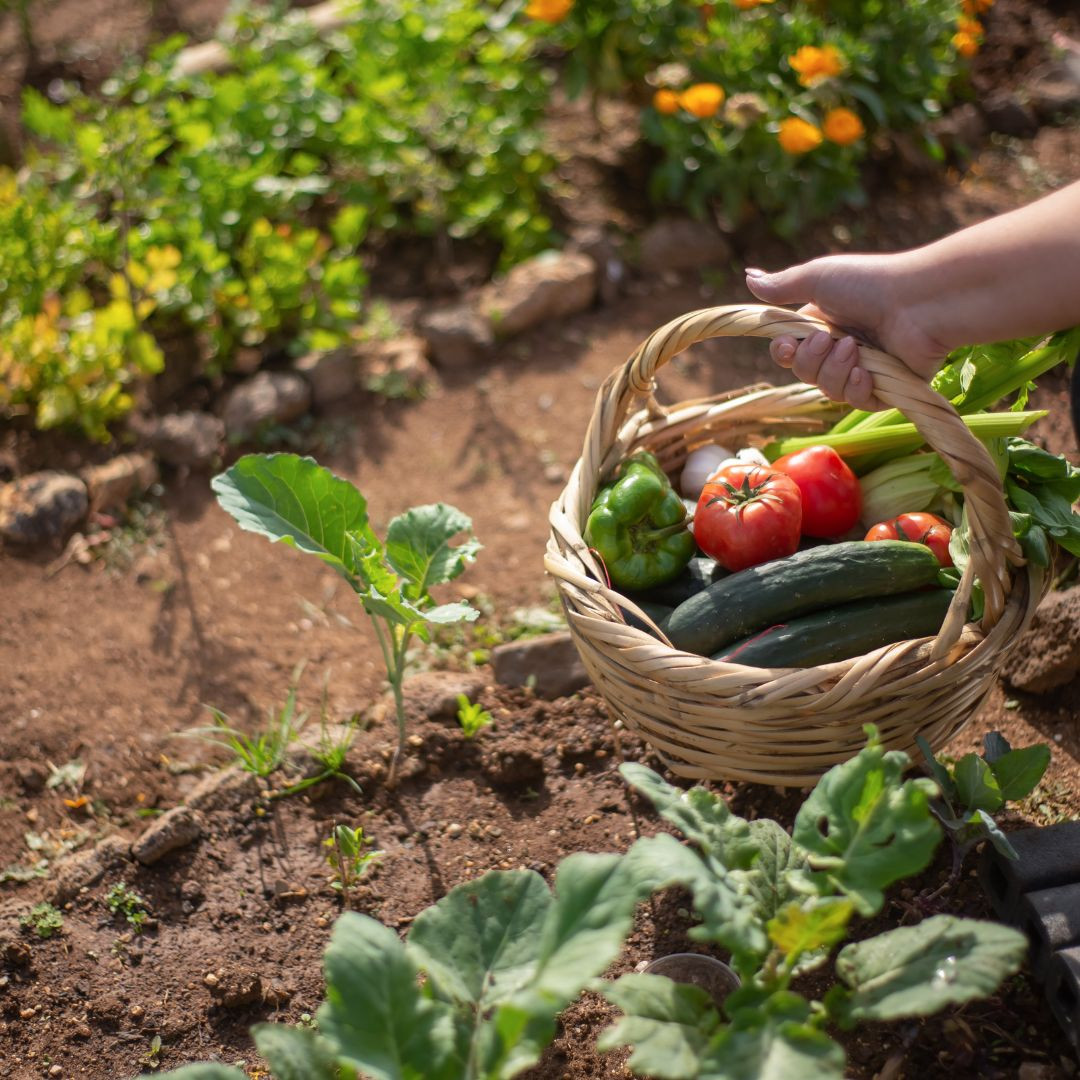
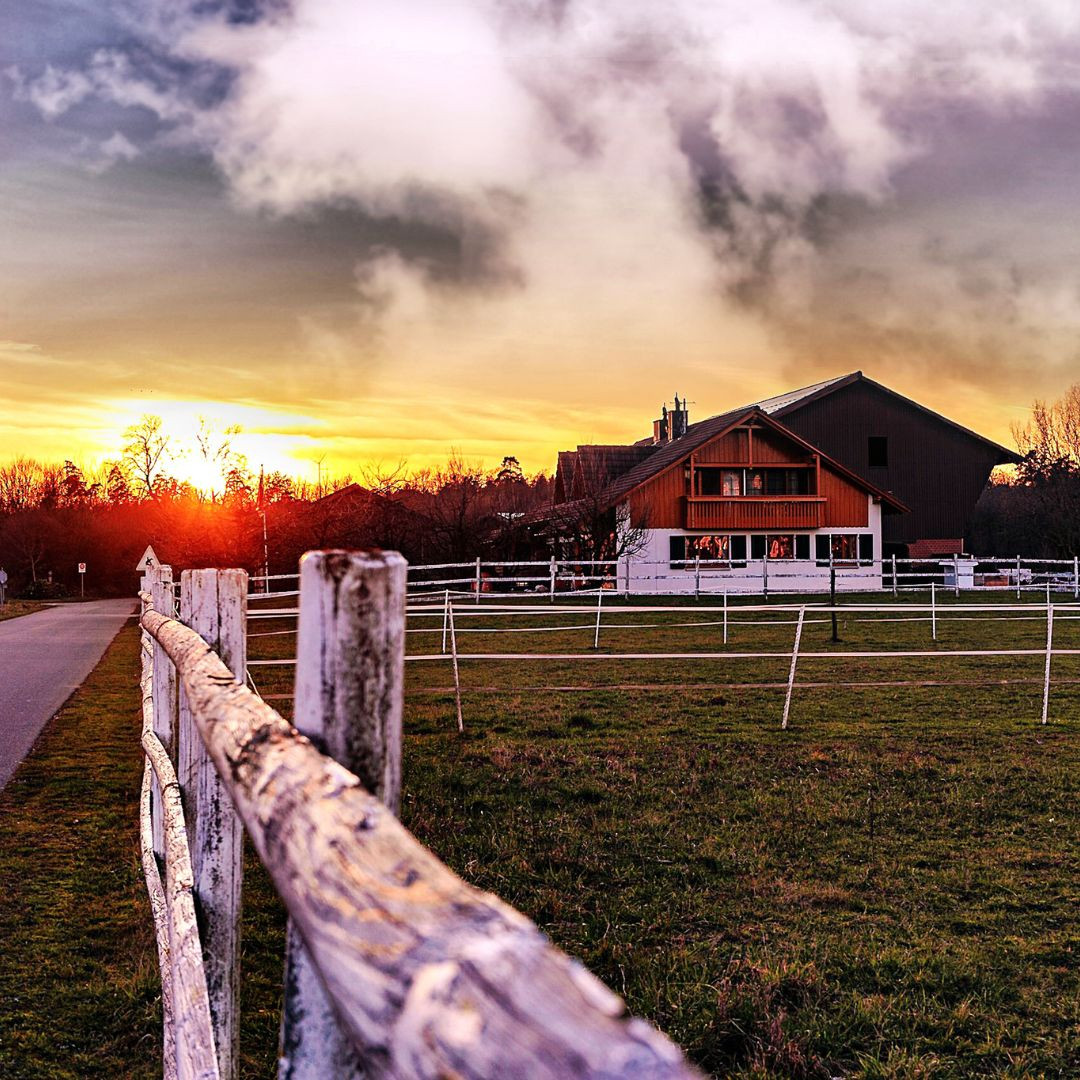







0 Comments